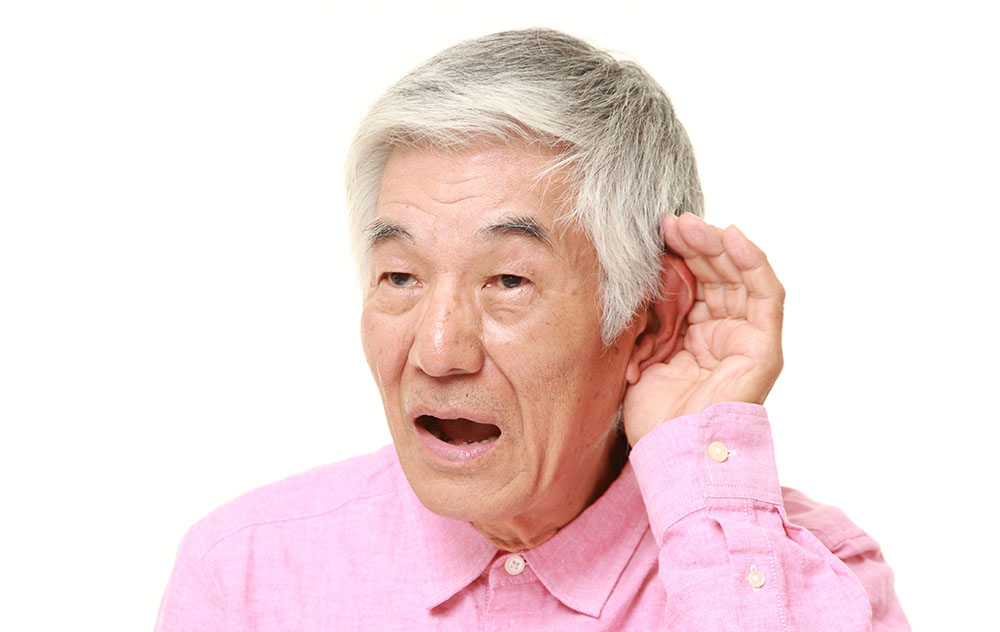
2 Questions to Ask Before Cleaning Your Ears
Did you know earwax buildup can hinder your hearing, as well as encourage bacterial growth in your ear canals and contribute to an infection? It seems obvious, then, that you should do something to avoid excess earwax – like regular ear cleaning. But, before you grab that cotton swab, there are two important questions to ask.
1. Should you clean your ears?
Just because earwax sometimes gets out of hand doesn’t automatically mean it’s bad, or dirty. In fact, earwax protects your middle and inner ear from dust, dirt, bacteria and skin irritation. It’s also self-cleaning, pushing itself out of the ear after its short lifecycle of collecting dirt. Most of the time, the glands that produce earwax do a good job of balancing earwax production so there’s just enough to keep your ears clean.
This means that, if you’re the average person, you shouldn’t have to clean your ears at all. Unless you have ears so much wax buildup that it’s causing an infection or interfering with your hearing, it’s best to leave the inside of your ears alone and stick with cleaning the outer ears during your daily self-care routine.
2. How should you clean your ears?
If you need to clean your ears, the next question is how. Hearing health care professionals see many patients who puncture their eardrum in the attempt, end up pushing earwax even further into the ear canal, or over-clean their ears. It’s important to listen to professional advice and abandon bad ear cleaning habits such as the following:
- Using cotton swabs and other pointy objects
- Ear candling
- Using prescription drops or even homemade cleaning solutions too frequently
On the other hand, it’s fine to clean your ears at home occasionally if you feel the need. Use a couple drops of mineral oil if your ears are prone to get dry and irritated. Another method is to gently flush your ears with a few drops of warm water; however, any of these methods should be discussed with your audiologist prior to trying them.
Don’t use these methods more than once a day for a few days in a row for heavier buildup or about once a week for maintenance. It’s important to leave enough earwax to continue to protect and self-clean your ears.
Finally, if earwax is impacted in your ear to the point of causing pain or hindering your hearing, visit an audiologist for cleaning with the right tools and methods to avoid harming your ears.

